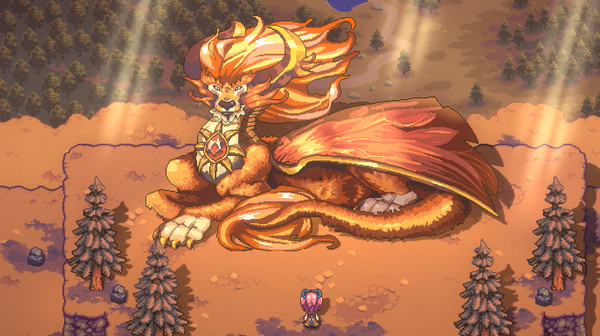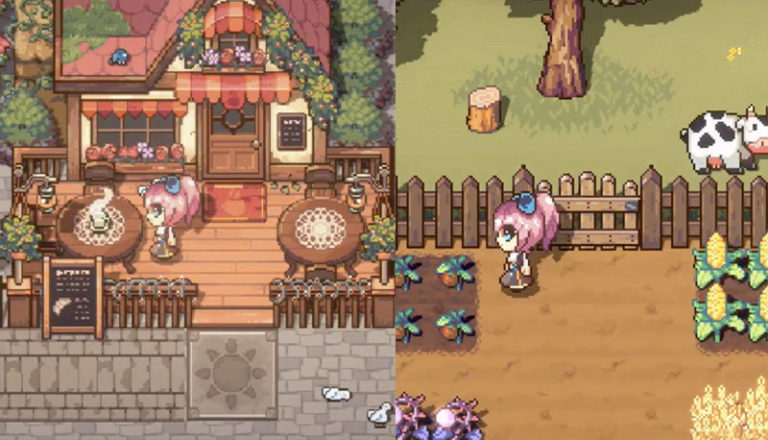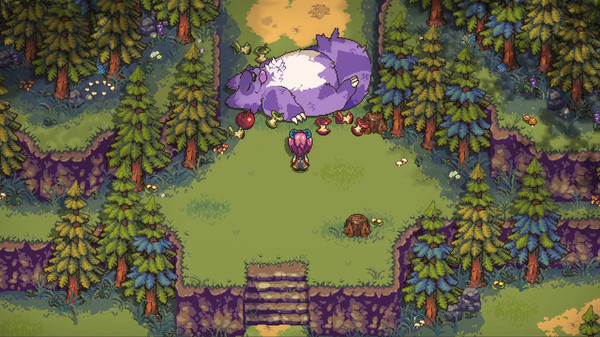

He wrote his first poems in the trenches of Carso, on the French border, and published Il Porto Sepolto (The Submerged Seaport) in 1916. so sober, so precise with his phrases, so concise amidst the silences of white spaces.Īnd it has been this ceaseless warding off of despair, symbolizing his survival through disasters to which others succumbed, which has given to Ungaretti his remarkable capacity to speak amidst these silences and to shatter the mute world of Europe in the twentieth century.īorn in Alexandria, Egypt, in 1888, of Italian parents, Ungaretti was in his twenties before World War I broke out.
#Giuseppe sun haven free
Eliot wrote: "Giuseppe Ungaretti is one of the very few authentic poets of my generation and a worthy representative of Italian poetry for the rest of Europe and America." And Jorge Guillen announced that:Įvery poem is open, and not closed, to all the winds of the spirit and the world and the poetry of Ungaretti has always communicated to me a freshness, a free air, of boundless light and the persuasion of a voice both moved and moving. I haven't forgotten at all, Ungaretti, the days when you came and danced on the sands of love Collected in Il Tacciuno del Vecchio (The Notebook of an Old Man) is the homage of a generation: letters, essays, a poem by the Mexican Octavio Oaz and one by Henri Thuile: Giant figures of the past, obscured by the magnitude of their own reputations, had all been friends of Ungaretti's, and celebrants of his art.


But as he spoke things only dimly known seemed to become realities. The following afternoon, in his Apley Court apartment, Ungaretti talked of how he could look forward to no future, of how his past was too enormous and confused. Reciting "Tu Ti Spezzasti" ("You Shattered"), a lament on the death of his son at sea, he shuddered through each enjambing line, whispered, shouted, and collapsed: Andrew Wylie read from his own translations, and Ungaretti followed each poem in Italian. Last Friday night he gave the first of two readings scheduled at Harvard, and brought to the small audience in Burr B a final sense of what poetry had been before the War: defiant, vociferous, marked by a refusal to acknowledge even the voice's limitations. Lissome and frail, miraculously animated for his eighty-one years, Ungaretti has been inexhaustible in the first days of his visit here, giving readings at Brandeis and Wellesley, drifting through Harvard Square, and talking far into the night about his life and of the age. Last week, when the poet Giuseppe Ungaretti arrived in Cambridge on a voyage from Italy, it was as if the silence of history had been suddenly broken. Surrealism is no more than a riotous fantasy rooted in the past the period between the Wars emerges as a violent dream. The more I play this, the more I think half the additions I thought were cool at first are now just annoying filler that I don't even want to bother with.THE CENTURY has been so crowded that each generation seems like an entire age, and the Paris of the Twenties in the memoirs of Fitzgerald and Hemingway appears as remote to us as the literature of the nineteenth century must have been to them. 3 farms is WAY too much to manage, and the rate I'm chugging mana potions I'm going to have to devote half my space just to grow the items I need to make them. Having to have 2 different items ( scarecrow / totem ) just to MAYBE keep your crops from getting borked is silly, but still not as silly as waking up, walking outside, and seeing your crops on fire in a torrential downpour of rain.ĮDIT: Also, now that I've realized there's three friggin farms, some kind of automation is absolutely required. It's just stupid and annoying for no real purpose. I am firmly in the camp of 'get rid of burning crops alltogether'. Ībout the fire, why does the scarecrows only prevent 80% chance? Originally posted by BAZ:Ton of corn = popcorn = movement speed.


 0 kommentar(er)
0 kommentar(er)
